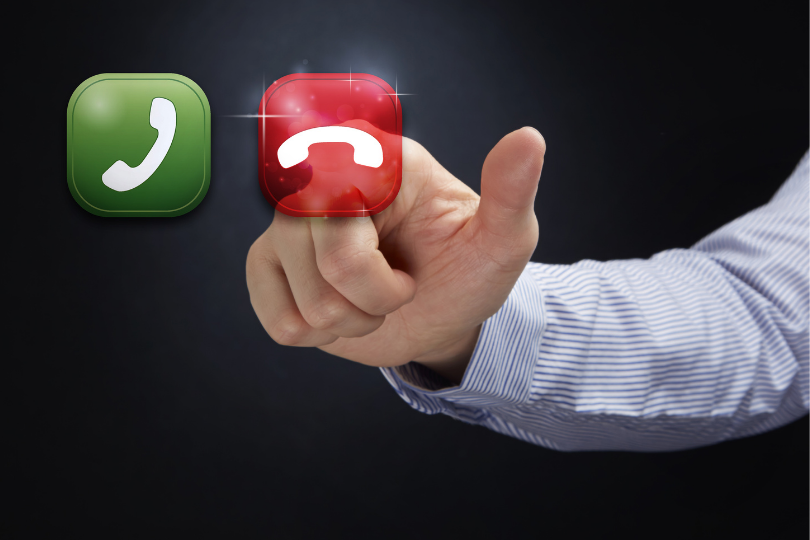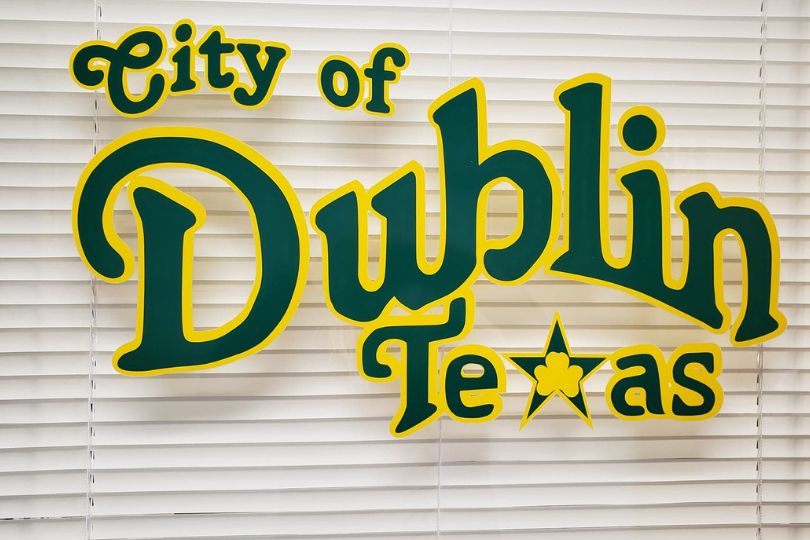How to become a 911 dispatcher
The emergency number field is diverse and offers a lot of opportunities to those who find their calling in it, but how does someone become a 911 dispatcher or call taker? At the end of January, the NCT911 training program launched its first ever virtual/in-person hybrid Regional Telecommunicator Academy, which trains brand new 911 dispatchers and call takers on the foundation training they’ll need to be successful in their new careers. A 911 telecommunicator is the umbrella term for both 911 call takers, who typically answer 911 calls, and 911 dispatchers, who typically dispatch from the radio.
If you’re researching the qualifications, skills, and education you’ll need to launch your career as a 911 dispatcher, look no further. We’ve created this guide to help you on your 911 journey.
What qualifications will I need?
Before you start applying for 911 telecommunicator jobs, make sure you have or can obtain the necessary qualifications. For those searching in Texas, these are a little more strict than in other states.
You’ll need:
- A high school diploma or GED
- To be at least 18 years old
- Basic computer literacy skills, including the use of word processing software, email programs, database entry, etc.
- In Texas, you must obtain the Texas Commission on Law Enforcement Telecommunicator Certification within a year of your hiring date. The agency that hires you will assist you in preparing to take the state licensing exam, but you will be responsible for knowing the material.
- You may also be required to obtain certifications in emergency medical dispatch (only required for certain agencies that dispatch for medical emergencies), Telecommunications Device for the Deaf (TDD), Texas Crime Information Center/National Law Enforcement Telecommunications system (TCIC/NCIC: these systems are where criminal justice data like prior arrests, license plates, sex offender registries, etc. are maintained), and specific certifications on the 911 equipment.
- Some agencies require pre-employment assessments like a polygraph test, drug screening, hearing test, psychological exam, and a background check.
What skill sets will help me succeed?
So, you know you have or can obtain the necessary qualifications, but what type of skills do you need to be hired as a 911 dispatcher? Some of these are pretty obvious, but there are a few characteristics of a good telecommunicator that may surprise you.
- Balance
911 telecommunicators, whether they work as call takers, dispatchers, or both, have a lot of responsibilities. They manage multiple monitors that display all this information, like the whereabouts of officers, the addresses and telephone numbers of callers, traffic patterns, weather alerts, criminal justice data relevant to the call — and that’s before they even start answering phones or talking on the radio! If having multiple responsibilities intimidates you, then a job in the emergency communications field might not be the right one for you.
- Customer Service
Yes, the citizens of the community you serve are like your customers in some ways (not so much in the customer is always right ways, however). It’s important that 911 call takers can maintain a level of professionalism even when dealing with distressed, rude, or even hostile callers. Most people who dial 911 are going through the worst day of their lives, so they may not be acting like themselves. 911 telecommunicators are often shouted at, cursed, or even ignored when a caller is panicking. It’s the job of a 911 call taker to get the necessary information, keep the caller safe, and relay that information to the first responders no matter the circumstances.
- Typing Accuracy
If you want to be hired as a 911 dispatcher, it’s your job to collect vital information in the middle of an emergency. So that means your typing skills have to be better than good. Inaccuracies and typos could put callers or first responders at risk, so most 911 telecommunicators are excellent typists who not only type at the speed of light, but who also have minimal typing errors. Most 911 telecommunicators are required to type between 30 – 45 WPM without errors.
- Self Awareness
You should know what you’re getting into before applying for a job as a 911 dispatcher. Emergencies don’t sleep and 911 telecommunicators work in shifts. You will be required to work midnights, weekends, and holidays. Many people start out in 911 believing they can handle this type of shiftwork, but then realize that it’s not the right path for them. Be honest with yourself before sending in your application.
- Resiliency
You’re signing up for a tough job. You’ll hear people going through trauma and difficulties every day and have to keep calm and talk them through it. You will be their light in the darkness, the voice on the other end of the line keeping them together until help arrives. Burnout in the emergency number industry is common, and though you can take training and use resources to assist with your mental health, it does take its toll. A resilient person will excel at this job, because they fight through the difficult calls and celebrate the miracles, and they know that at the end of the day, they made a difference.
Where can I find a job as a 911 dispatcher?
911 telecommunicator jobs are posted on online job boards just like any other role. You can search on Indeed or LinkedIn for roles in your area, or go straight to your local police department, sheriff’s office, or fire station for job postings. There are also opportunities to dispatch for private organizations like ambulance and medevac companies. You can also review the National Emergency Number Association Job Board.
If you think you have the qualifications and skills to be a 911 dispatcher, search in your area for an opening and start making a difference. You’ll know this is the right path for you because this industry isn’t just a job. It’s a calling.



